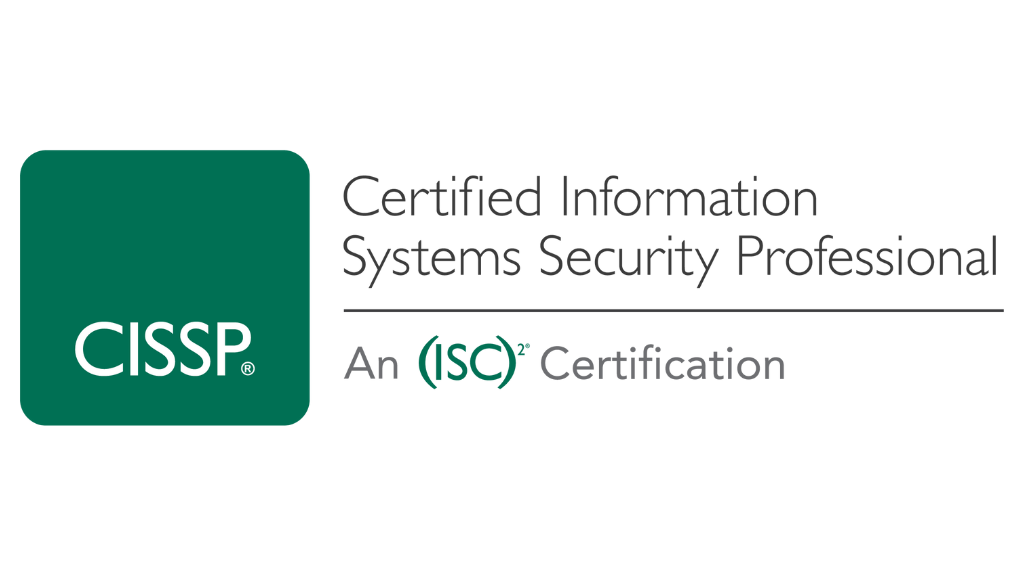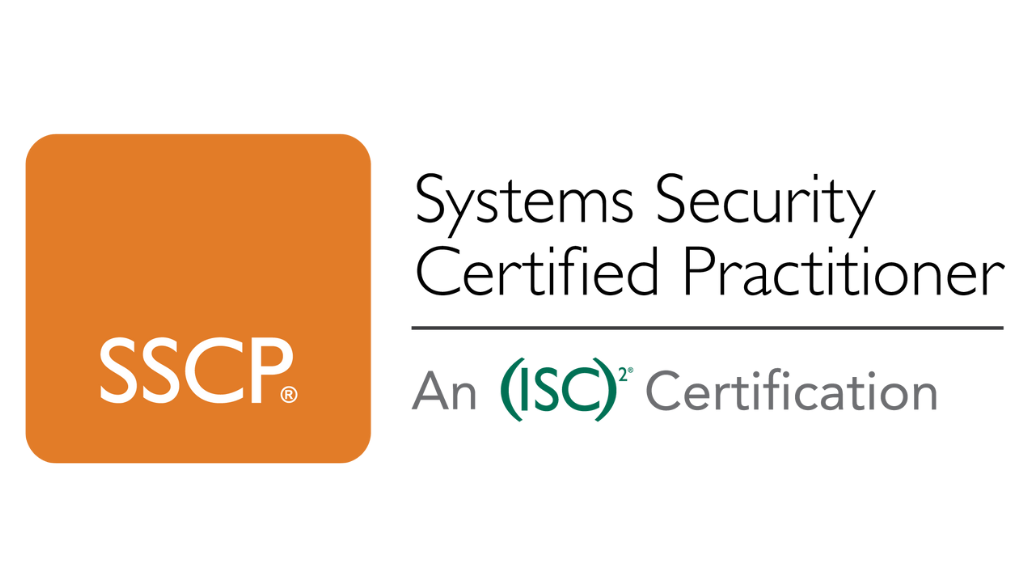In cybersecurity, certifications are vital in validating an individual’s knowledge and expertise. Two prominent certifications in this field are Certified Information Systems Security Professional (CISSP) and Systems Security Certified Practitioner (SSCP). While both certifications focus on information security, they cater to different skill levels and career paths. This article will compare CISSP vs. SSCP, highlighting their differences and helping you choose the proper certification based on your goals and aspirations.
Understanding CISSP

CISSP, an acronym for Certified Information Systems Security Professional, is a globally acknowledged certification offered by (ISC)². It is designed for experienced professionals with advanced knowledge and skills in various domains of information security.
CISSP covers various topics, including risk management, security operations, network security, and cryptography. A CISSP certification demonstrates an individual’s competence and expertise in designing, implementing, and managing security programs within organizations.
Also, Check: CEH vs.OSCP: Making the Right Choice for Your Cybersecurity Career
Understanding SSCP
SSCP, which stands for Systems Security Certified Practitioner, is another esteemed certification provided by (ISC)². Unlike CISSP, SSCP targets professionals with less experience in information security but still possess a solid foundation.
SSCP focuses on core security principles, risk management, access controls, incident response, and cryptography. This certification is ideal for individuals seeking an entry-level security position or wanting to enhance their existing knowledge in information security.
CISSP vs. SSCP: Key Differences
Scope and Focus
The primary difference between CISSP and SSCP lies in their scope and focus. CISSP covers many topics and is considered a more comprehensive certification suitable for senior-level professionals. On the other hand, SSCP has a narrower focus, emphasizing foundational knowledge and skills relevant to junior or mid-level security practitioners.
Experience and Prerequisites
CISSP requires at least five years of cumulative paid work experience in two or more domains covered by the CISSP Common Body of Knowledge (CBK). Alternatively, candidates with a four-year college degree or regional equivalent and four years of work experience may also qualify. In contrast, SSCP candidates need a minimum of one year of professional experience in one or more of the seven SSCP domains.

Job Roles and Opportunities
CISSP-certified professionals are typically sought after for senior managerial or leadership positions, such as security consultants, security managers, or chief information security officers (CISOs). SSCP, being an entry-level certification, prepares individuals for roles like security analysts, network administrators, or systems administrators.
Difficulty Level
CISSP is widely regarded as a more challenging certification due to its comprehensive nature and experience requirements. It tests technical knowledge and the ability to apply concepts in real-world scenarios. SSCP, although less complicated, still requires a solid understanding of core security principles and practices.
Exam Structure
The CISSP exam consists of 250 multiple-choice questions covering eight domains of security knowledge. Candidates have up to six hours to complete the exam. SSCP, however, includes 125 multiple-choice questions covering seven fields. The time allowed for the SSCP exam is three hours.
Choosing the Right Certification
When choosing between CISSP and SSCP, consider your experience level, career goals, and job market demands. If you have extensive experience in the field and aim for senior-level positions, CISSP is the preferred choice. On the other hand, if you are relatively new to the industry or seek foundational knowledge, SSCP provides an excellent starting point.
SSCP Exam: What to Expect
The SSCP exam evaluates candidates’ knowledge across seven domains: Access Controls, Security Operations and Administration, Risk Identification, Monitoring and Analysis, Incident Response and Recovery, Cryptography, Networks and Communications Security, and Systems and Application Security. It assesses an individual’s understanding of fundamental security concepts and ability to apply them in real-world scenarios.
SSCP Certification Cost
The cost of obtaining an SSCP certification includes the examination fee and, if required, any additional study resources or training materials. The exam fee may vary depending on location and membership status with (ISC)².
It is advisable to visit the (ISC)² website for the most up-to-date information regarding examination fees.

SSCP Salary and Career Prospects
Professionals holding an SSCP certification can expect to have various career opportunities available to them. The certification validates their knowledge and skills, making them eligible for roles such as security analysts, systems administrators, or network administrators.
Salary ranges for SSCP-certified professionals can vary based on factors such as experience, location, and job responsibilities.
SSCP Training and Preparation
To increase your chances of success in the SSCP exam, consider enrolling in SSCP training courses or using self-study resources. (ISC)² offers official training material and practice tests, which can benefit your preparation journey. Additionally, various online platforms, books, and practice exams are available to supplement your learning.
Take advantage of these resources to enhance your knowledge and boost your confidence before taking the exam.
Conclusion
CISSP and SSCP certifications cater to different professional levels and skill sets in cybersecurity. The CISSP certification targets experienced professionals with a broad understanding of security domains and can design and manage enterprise-level security programs.
On the other hand, the SSCP certification is suitable for early to mid-stage professionals, validating their knowledge of fundamental security principles and specific security domains. Both certifications hold value and can help individuals advance their careers in cybersecurity by providing a solid foundation or demonstrating expertise in specialized areas.
To further enhance your cybersecurity knowledge and expertise, consider exploring the resources and services offered by NextDoorSec, a reputable cybersecurity company.






0 Comments